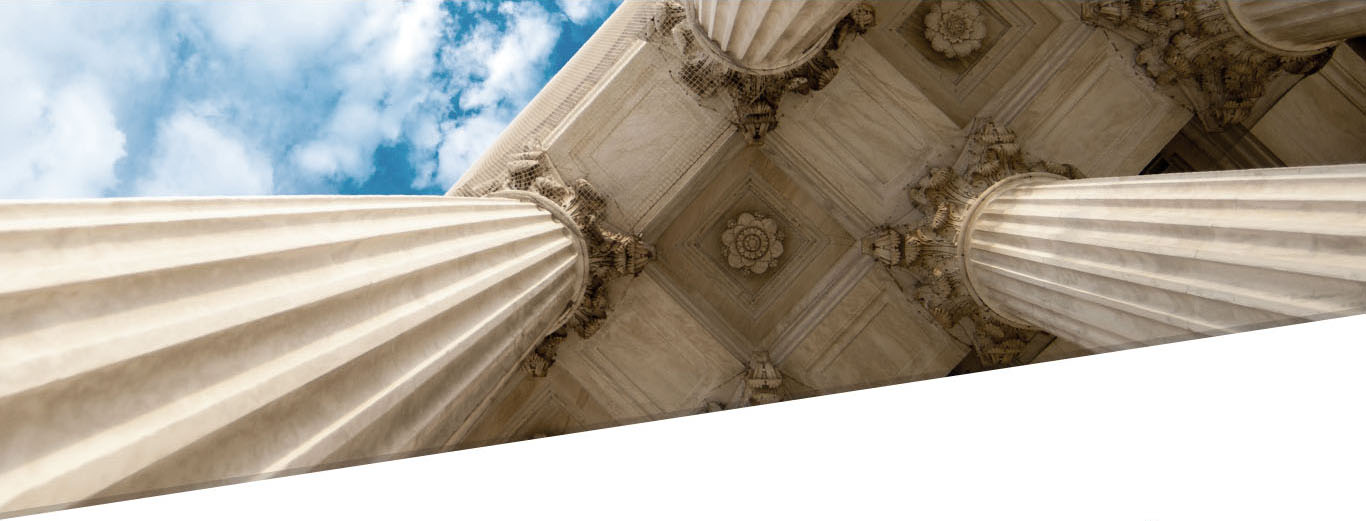This month, the New York Appellate Division, Second Department, considered whether an attorney must obtain permission from the court prior to recording an Independent Medical Examination, and whether failing to provide such a recording to opposing counsel constituted a violation of CPLR 3101. The Court answered both questions affirmatively.
Bermejo v. New York City Health and Hospital Corp
2015 NY Slip Op 08374
This month, the New York Appellate Division, Second Department, considered whether an attorney must obtain permission from the court prior to recording an Independent Medical Examination, and whether failing to provide such a recording to opposing counsel constituted a violation of CPLR 3101. The Court answered both questions affirmatively.
The issues arose from a case concerning a personal injury action, which was commenced by the plaintiff to recover damages for injuries that resulted due to a fall from a scaffold at a construction site. Summary judgment was granted for the plaintiff on liability.
The defendant (the general contractor for the construction project) retained a doctor to perform an IME on the plaintiff. The plaintiff, within his rights, brought his attorney to the examination. The only role the attorney could play at an examination, however, was to protect the patient’s legal interests; the attorney could not have any part in the actual physical examination conducted by the doctor.
In this case, the attorney also brought his paralegal to serve as Spanish interpreter for the plaintiff, and to record the examination. The video recording of the examination was later introduced at trial to impeach the doctor’s testimony.
Although the doctor repeatedly testified that he could not remember precisely how long the examination lasted, the judge forced him to provide a time frame. The doctor then stated that the examination had lasted between ten and twenty minutes, despite the plaintiff’s video showing the examination lasted only one minute and fifty-six seconds. The judge threatened on numerous occasions that unless the doctor changed his testimony, he would report to the District Attorney that the doctor had committed perjury. The judge had referred to the doctor as a liar over sixty times during the course of the trial, compelled him to retain an attorney, and also warned him that his occupation as an Independent Medical Examiner was in peril due to his testimony. The doctor subsequently retained an attorney and refused to testify further, absent a subpoena.
The defendants moved for a mistrial on the grounds that the video evidence was improper because the court had not granted permission to record, and the recorded evidence was not exchanged during the discovery process.
During the hearings to determine a retrial, the judge sanctioned the defendants $10,000 on the ground they had suborned perjury based on the doctor’s testimony. The judge stated that he was unable to sanction the doctor personally because he was not a party in the case – only a witness. He further stated, “Witnesses confuse time all the time but he didn’t do the tests that he said he did in the minute 56 seconds. That is the problem.”
The Appellate Division concluded that the doctor’s unwillingness to testify further in the proceeding was reasonable in light of the judge’s threats. Further, the Court determined that it was improper for the judge to assert that he would not accept “I don’t know” as the doctor’s repeated response to the question concerning the duration of the examination. Based on that point, the Court further held that the record did not reflect any perjury committed by the doctor. Additionally, because the video of the IME was five minutes in length, it could not be determined if it constituted the entire examination.
The Appellate Division considered the holdings of several cases in which the court had not allowed video recordings of IMEs in the absence of unusual circumstances. In this case, the Court decided that the plaintiff’s legal interests were protected by the presence of his attorney and therefore, it “cannot be regarded as an ‘appropriate tool’ or an activity that attorneys should feel free to engage in ‘all the time’” in the absence of special circumstances.
The Second Department concluded that the mistrial that was declared in this case, as well as the effective unavailability of the defendants’ examining physician as a witness for the appellants at a retrial, was caused by the conduct of plaintiff’s counsel in making and failing to disclose the video recording of the IME, as well as the conduct of the Supreme Court, and was not caused, to any extent, by any conduct of the appellants or their counsel. Consequently, the defendants were entitled to an additional medical examination of the plaintiff, to be conducted by an orthopedist designated by them.
Because the mistrial occurred as a result of the frivolous conduct of the plaintiff’s counsel, the defendants were also entitled to recover the costs they incurred in the first trial, and the costs they incurred in making and litigating the motions at issue on these appeals and in pursuing these appeals, to be paid by plaintiff’s counsel. All further proceedings in this case were ordered to be conducted before a different Justice of the Supreme Court.
To read the full case, click here.








